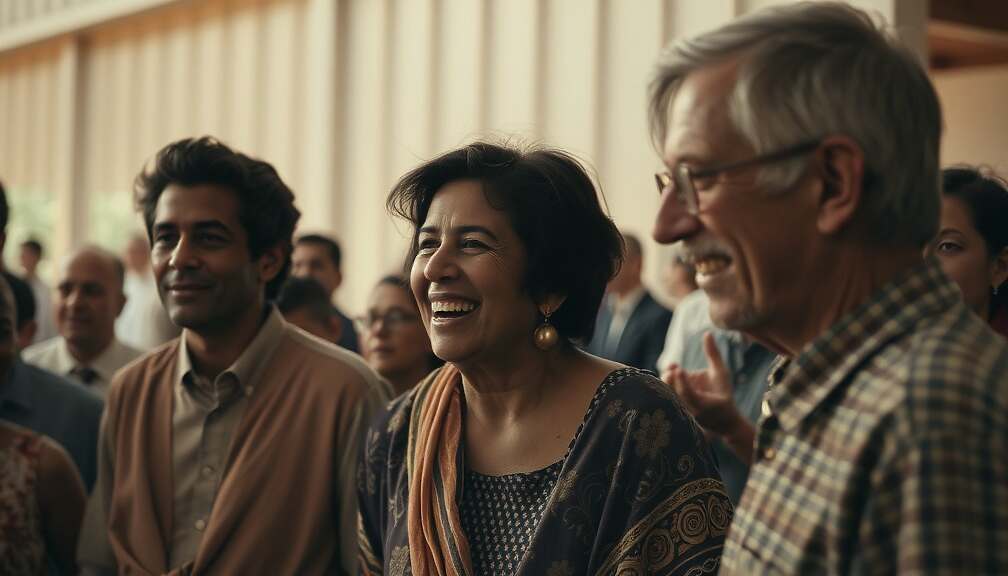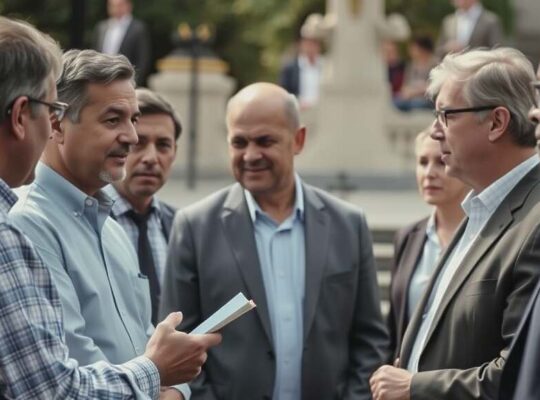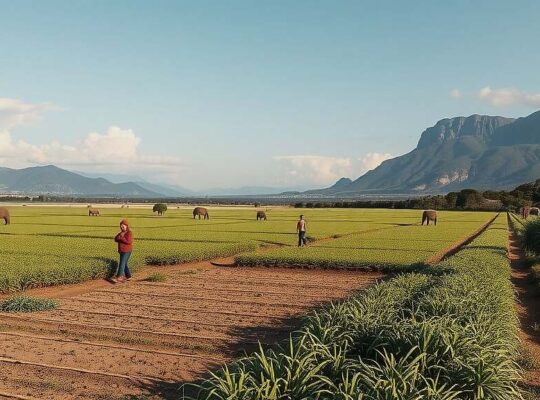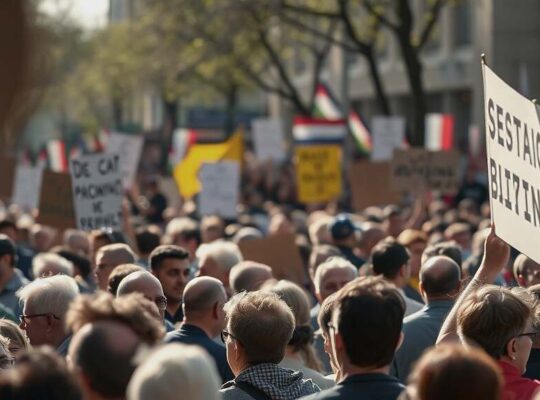Algeria’s President Abdelmadjid Tebboune has granted clemency to imprisoned author Boualem Sansal, following a direct appeal from German President Frank-Walter Steinmeier. The Algerian presidency confirmed the decision on Wednesday, marking a significant development in the case of the writer who has become a focal point for freedom of expression concerns.
Sansal, a dual Algerian-French citizen and recipient of the prestigious German Book Trade Peace Prize, was initially sentenced to five years in prison in March 2025 on charges of undermining Algeria’s territorial integrity. The conviction stemmed from statements he made questioning historical border demarcations, alleging that Algeria benefited from territory rightfully belonging to Morocco during the French colonial era. These assertions, deemed critical of the Algerian state, triggered a harsh legal response.
The intervention by President Steinmeier highlights a complex interplay of diplomatic relations and human rights advocacy. His personal appeal to Tebboune underscores the importance Germany places on the case, acknowledging Sansal’s widespread readership and support within Germany. While presented as a humanitarian gesture, the pardon also shines a light on the Algerian government’s increasingly restrictive approach to dissent and its willingness to imprison writers for expressing potentially controversial historical perspectives.
Critics argue the prosecution of Sansal was fundamentally a politically motivated act intended to silence critical voices within Algeria. The vaguely defined charge of undermining territorial integrity has been used in the past to curtail free speech, raising questions about the legitimacy and scope of the Algerian legal system.
Sansal is now en route to Germany for medical treatment, a condition reportedly stipulated in the pardon agreement. While the outcome is undoubtedly a relief for Sansal and his supporters, the case serves as a stark reminder of the precarious position of journalists and writers operating under increasingly authoritarian regimes, particularly in regions sensitive to historical grievances and national identity. The incident may also be interpreted as a subtle, yet significant, indicator of the nuances involved in Germany’s foreign policy in North Africa, balancing economic and political interests with commitments to human rights and freedom of expression.












